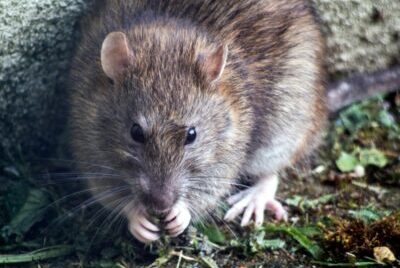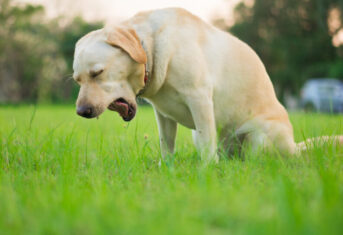How to Protect Against Rat Bite Fever

How to Protect Against Rat Bite Fever
One of the most popular blog posts on the Animal Medical Center’s website is Rat Bite Fever and Pet Rats: How Concerned Should We Be? Recently, an epidemiologic study of rat bite fever in the United States was published in Open Forum Infectious Diseases and contains some interesting information for pet rat owners or anyone in contact with a rat.
What is rat bite fever?
Rat bite fever is a human disease resulting from an infection with the bacteria Streptobacillus moniliformis. This bacterium is a normal resident of the rat respiratory tract. Contact with or a bite from a rat can spread this bacterium to a person. Infected people display very non-specific disease symptoms, making rat bite fever a difficult disease to diagnose. These symptoms include a headache, fever, chills, aches and pains and a rash. Severe cases can result in death.
Who is at risk for rat bite fever?
According to the newly published study, children and young adults have the highest rate of rat bite fever. This confirms prior research. The study also found the highest rate of rat bite fever hospitalization is in the eastern United States. People over 60 years of age were more likely to be hospitalized for treatment of severe rat bite fever than were younger patients.
What should you do if you own a rat?
The recently published study concludes: “For the medical community, clinical recognition involves enhancing awareness of rat bite fever and the implications of this disease among pediatrics.” This means you should always tell your physician if you have a pet rat or have been exposed to a wild rat, its urine or feces. Rat bite fever is rare, but also probably underdiagnosed due to a lack of awareness. Mentioning your pet rat to your physician during an examination will help put rat bite fever on their list of potential diagnoses. The clinical signs of rat bite are similar to many common diseases, so informing your doctor of any exposure to rats is critical.
Can rat bite fever be prevented?
As we have learned with the COVID-19 pandemic, handwashing is necessary to protect yourself against disease. Rat bite fever is no different. Always wash your hands with soap and water after playing with your pet rat and make sure others do the same. If you are bitten by your rat, clean the bite with soap and water and if you become ill, seek medical care immediately.































